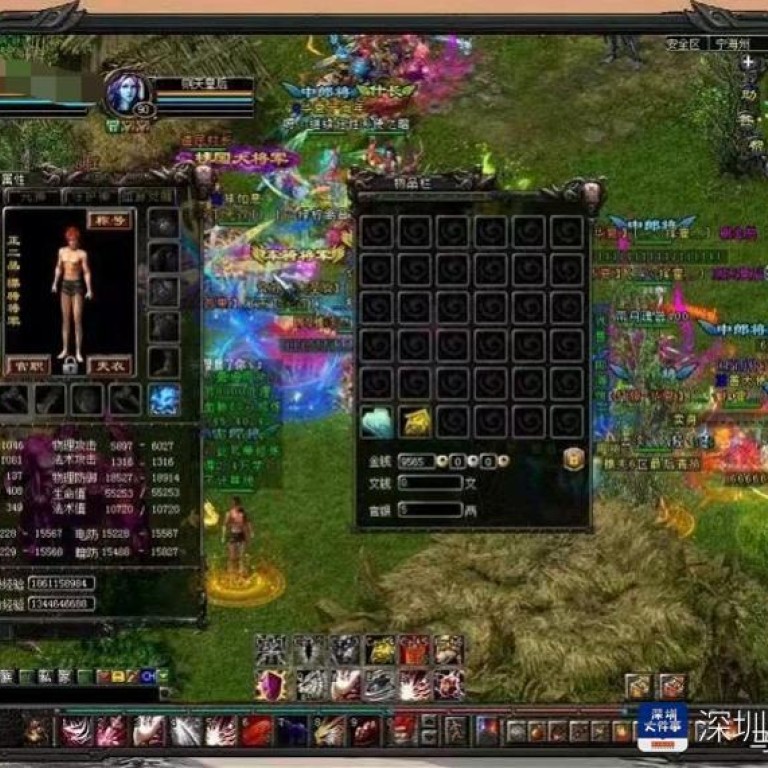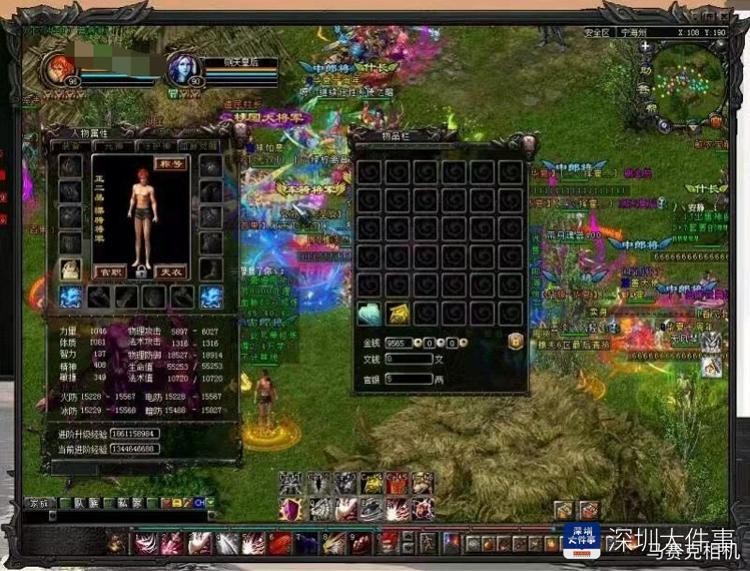
Man loses a decade worth of virtual weapons to real thieves
Theft has consequences, whether it’s in the real world or a game
December 3, 2018: Updated with Tencent's response.
Mobile games are littered with items. Some seem trivial, like hats or pets; others are weapons that give players an edge on their opponents. These items aren’t real. But they cost real money. And they can be stolen.
One day in 2008, a man named Zuo signed up for the online multiplayer game QQ Huaxia. For the next 10 years, he roamed through ancient ruins and abandoned villages, battling monsters and demons while collecting prized armor and precious stones.
It was like he never played a game he’d been playing for a decade.

After checking his sign-in history, Zuo pinpointed an unfamiliar login from Liaocheng in the coastal province of Shandong -- a city over 730 miles north of his home in Taizhou, Zhejiang province. He and his friends even saw someone in the game selling what he believed was his belongings, at a discounted price. “I saw even more unsold items in his warehouse,” he said. (The warehouse is, of course, virtual.)
Zuo reached out to customer services about the apparent theft. Tencent told media that some of the stolen items have been recovered. But others, like gold and spells, were already consumed and therefore can’t be returned. Zuo has reported the case to the police and Tencent said it’ll cooperate with the investigation. We reached out to Tencent, who confirmed the case.
But that doesn’t mean that virtual thievery doesn’t have real-world consequences.
Steam is finally coming to China but Chinese gamers don’t want it
For more insights into China tech, sign up for our tech newsletters, subscribe to our Inside China Tech podcast, and download the comprehensive 2019 China Internet Report. Also roam China Tech City, an award-winning interactive digital map at our sister site Abacus.
For more insights into China tech, sign up for our tech newsletters, subscribe to our Inside China Tech podcast, and download the comprehensive 2019 China Internet Report. Also roam China Tech City, an award-winning interactive digital map at our sister site Abacus.

